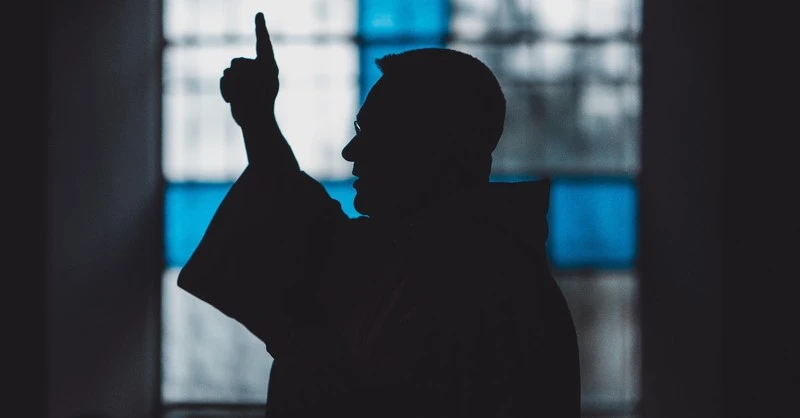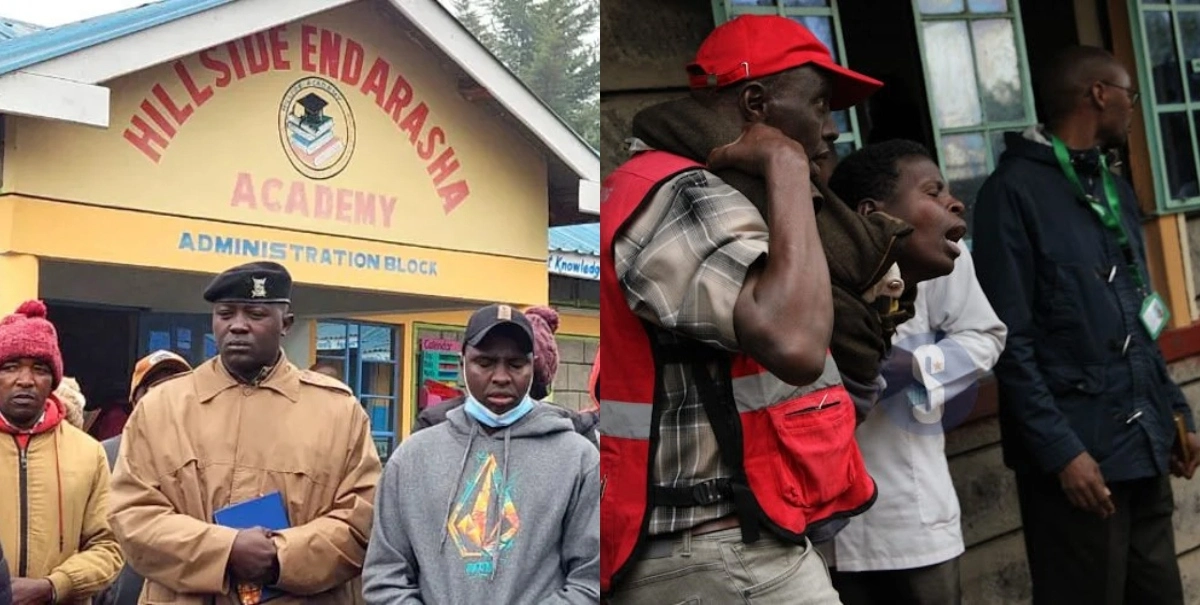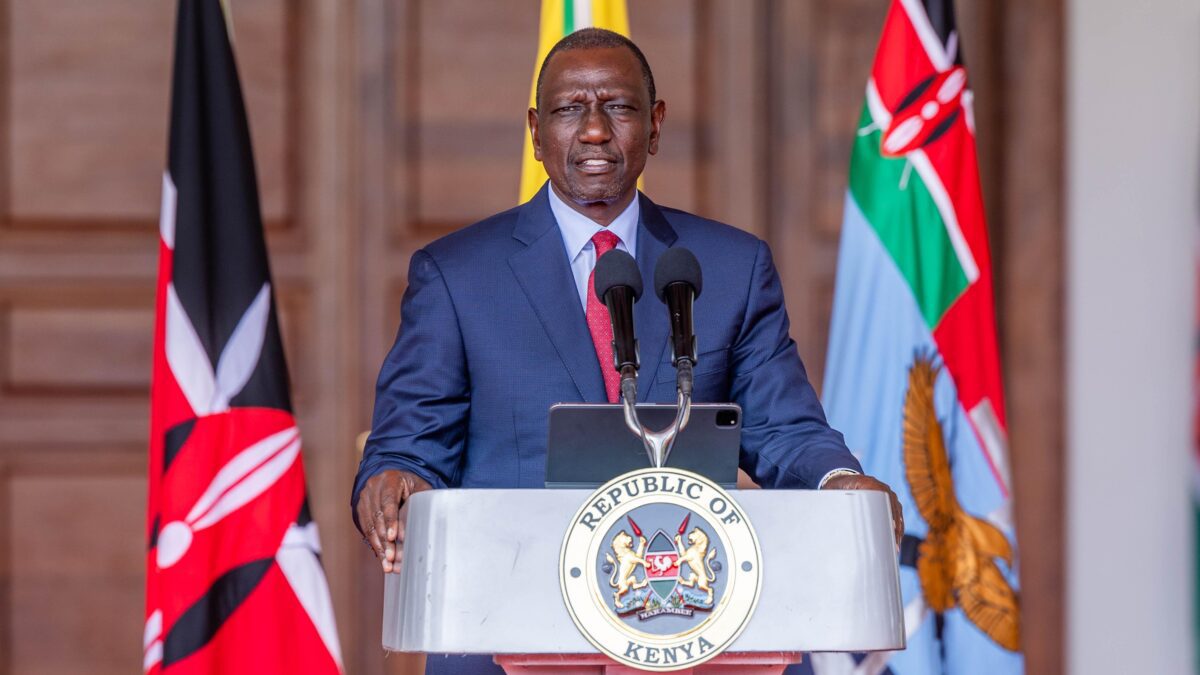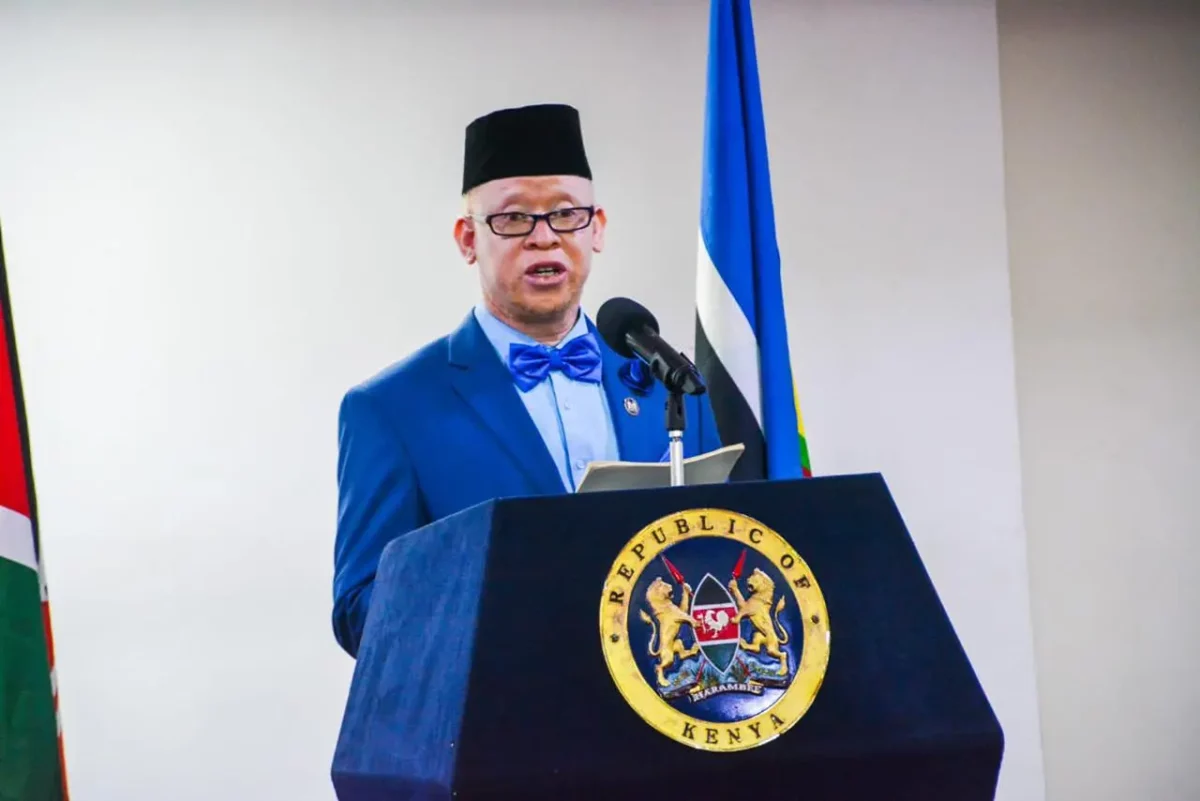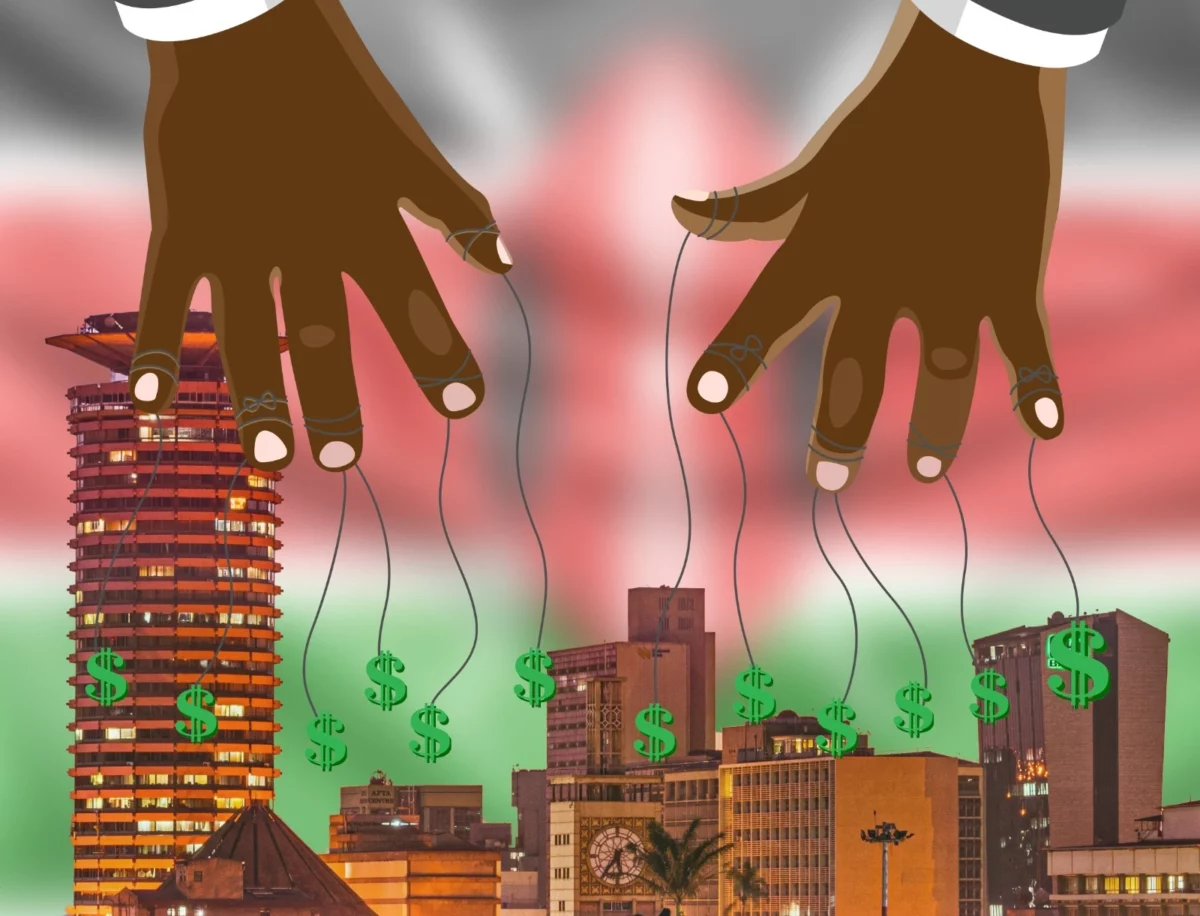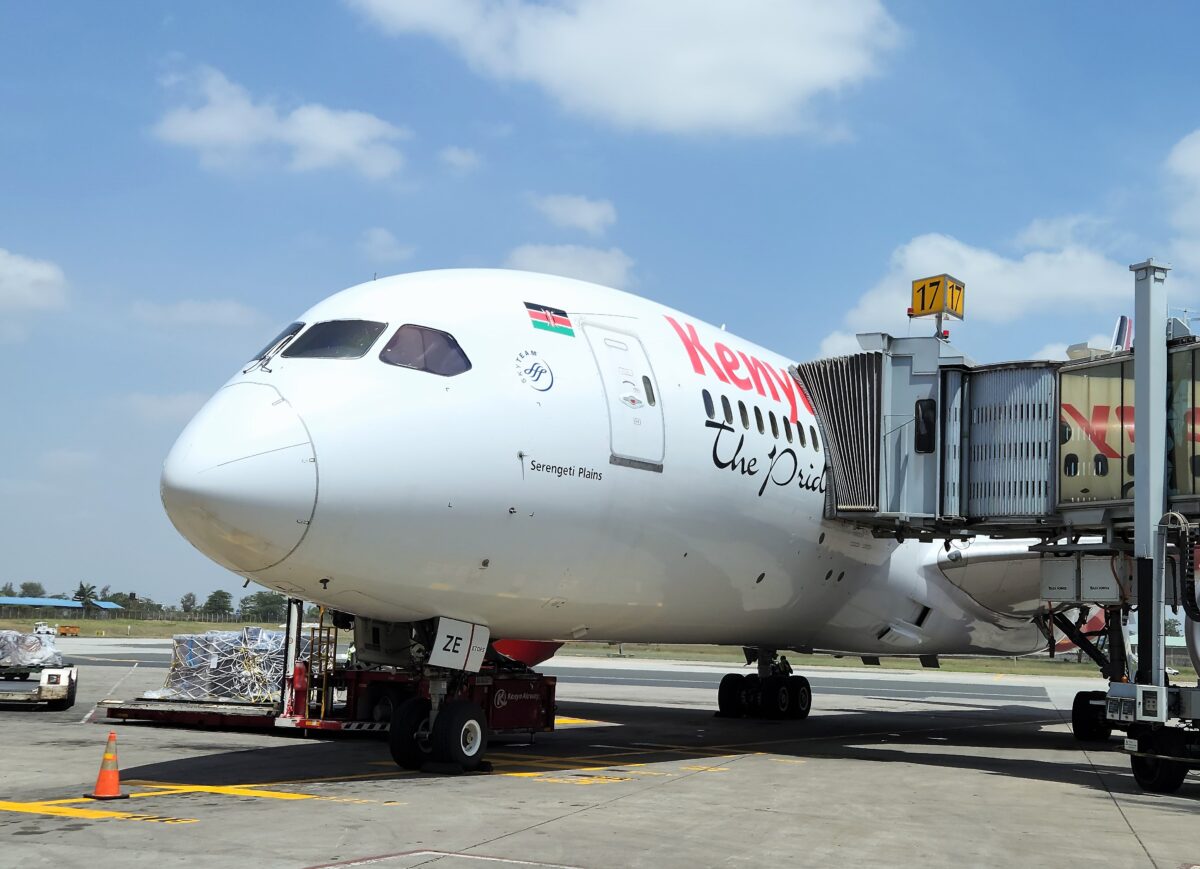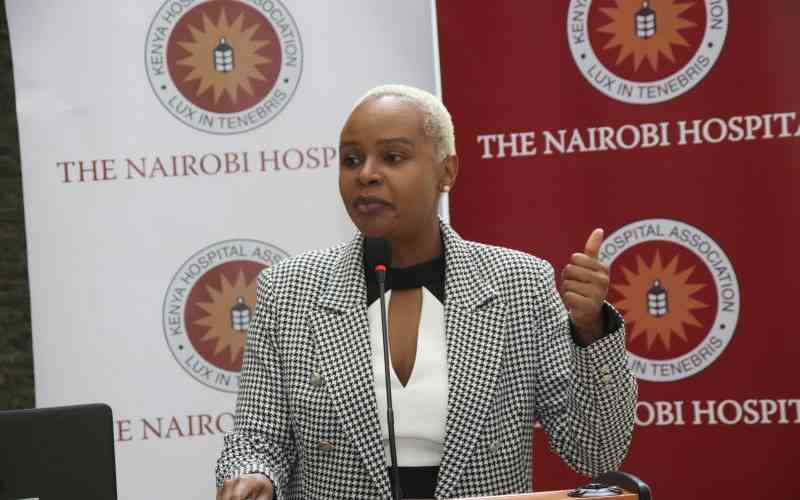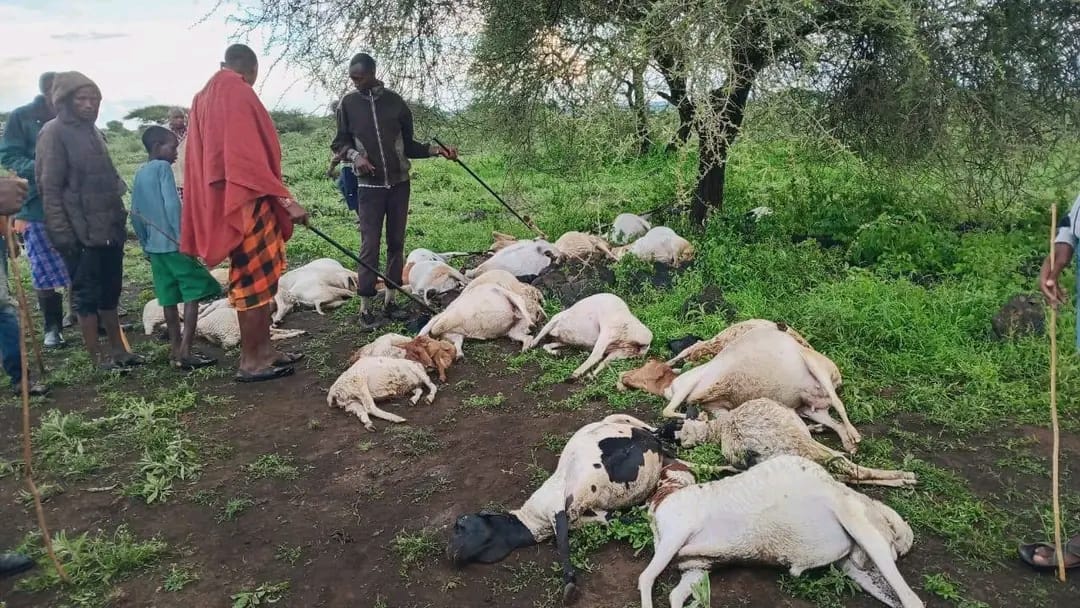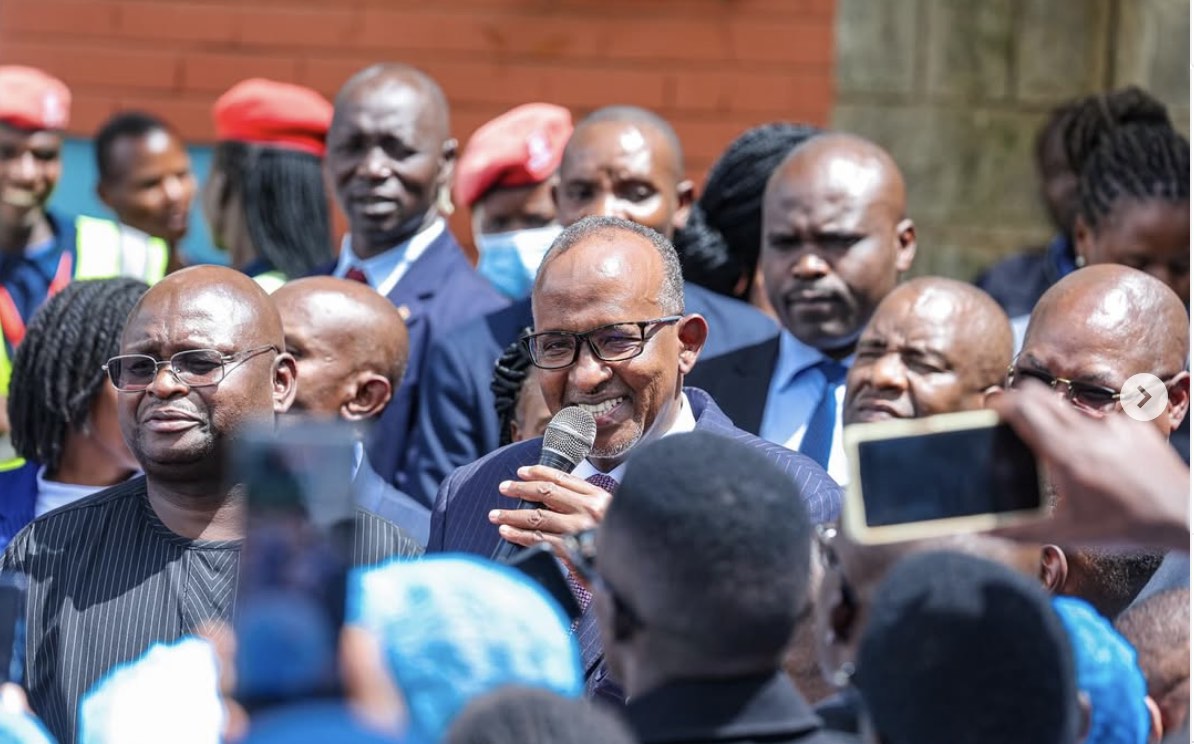Rogue preacher in Shakahola, Kilifi County, Paul Mackenzie Nthenge, has sparked widespread concern and debate due to recent events.
Accused of heinous actions, Mackenzie, the leader of Good News International Church, stands accused of ordering his followers to starve themselves to death, resulting in numerous fatalities.

This incident has reignited the call for stronger laws to rein in rogue preachers and protect the public from religious exploitation. However, it is crucial to address this issue in a manner that strikes a balance between preserving freedom of worship and preventing abuses, without granting the state unchecked powers that could be used to silence legitimate opposition.
The exploitation scandals linked to religion in Kenya have a long history, including incidents such as the “Stop Suffering” fad, the “miracle babies” saga, and the “Panda Mbegu” teachings. Despite occasional public outrage and government promises to take action, the country seems to cyclically experience these scandals, waiting for the next exposé. The judiciary has been accused of frustrating efforts to curb rogue preachers, prompting a press statement from the judiciary detailing the status of Mackenzie’s cases.
Catalysts of Religious Deception:
Religion often flourishes among the poor, offering them hope beyond their current hardships. This phenomenon aligns with Karl Marx’s concept of religion as the “opiate of the people,” falsely elevating them from their material and emotional distress. As long as gross inequality persists, religious exploitation will continue to exploit the vulnerable.
Secondly, humans have an inherent spiritual hunger, creating a void that many preachers exploit. This explains why people, regardless of their wealth, are willing to give away their possessions and life savings to charismatic leaders who promise spiritual fulfilment but often deliver disappointment. The exploitation of this spiritual vacuum highlights the inadequacy of Marx’s analysis, as even the wealthy fall victim to religious deception.

Lastly, victims of religious fraud often neglect to study the religious texts to which they claim allegiance. Lack of familiarity with the Bible, for example, leaves them vulnerable to manipulation by false prophets. Numerous passages in religious texts explicitly warn against deception and exploitation, providing guidance to identify false prophets and teachers. However, without proper education and awareness, followers are easily swayed.
Read also: Mental Health Awareness Urgently Needed in Kenya: A Look at Recent News Stories
Religion, Politics, and Fanaticism
While society condemns religious fanaticism, it is essential to recognize the close connection between religion and politics. Politicians frequently attend religious gatherings, using them as platforms to build support and appeal to voters. In return, religious leaders often receive political protection, financial rewards, and even appointments to key positions. This symbiotic relationship creates susceptibility to deception and reinforces the notion that religious leaders are bastions of integrity. However, both religious and political fanaticism can have disastrous consequences, leading to significant loss of life and property.
Preserving Freedom of Worship and Public Safety
The Constitution of Kenya 2010 guarantees freedom of conscience, religion, belief, and opinion. It explicitly states that there shall be no state religion, ensuring equal treatment of all religions and protecting against discrimination. The government’s role, therefore, is not to determine which religious organizations or doctrines are acceptable, but to enforce the law against any group that promotes violence or destruction.
To prevent future horrors like the Shakahola incident, the government must prioritize public safety by restraining any group, religious or otherwise, that endorses harm to life or property.
This approach upholds the constitutionally mandated balance between freedom of worship and the limitations necessary to prevent abuses by rogue preachers. By maintaining this delicate balance, the government can protect its citizens while respecting their constitutional rights.
Subscribe to Switch TV

